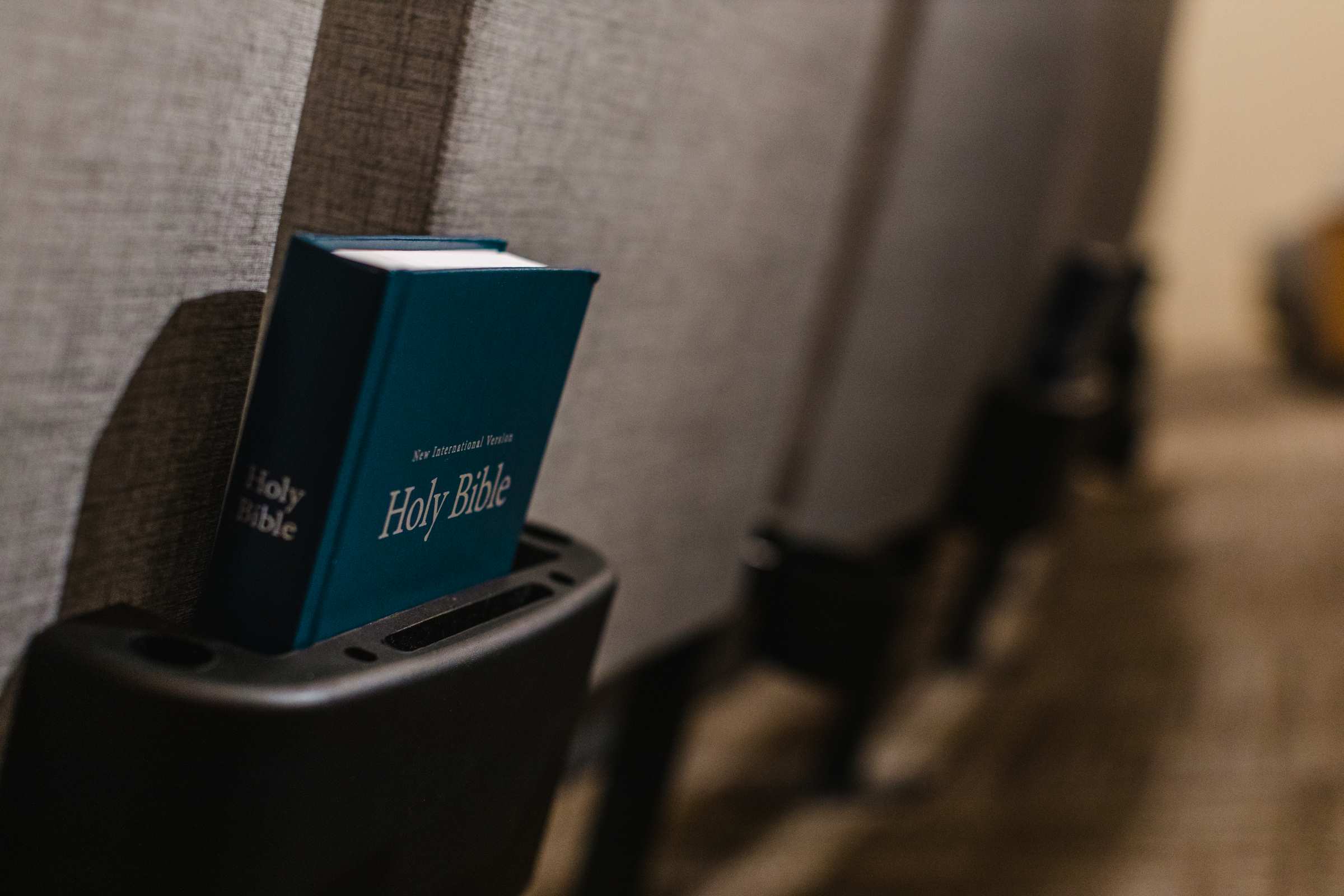November 10, 2022
5 Things to Ask Yourself Before and After You Read the Bible
Written By Grace Theological Seminary
Tagged With Ministry

The time you spend reading your Bible is perhaps the most important part of your day. Getting to sit with the inspired words of God is a precious gift. For the pastor, studying the Bible serves as a time of soul refreshment as well as research for sermons. For all Christians, Bible reading can further inspire them in their faith and bring them closer to the Lord. In general, reading the Bible helps you posture your heart for the challenges of each day. In order to help you maximize your time in the Word, we’ve crafted some questions for you to ask yourself before and after you read your Bible. Asking questions before will help prepare your heart, and asking questions after will help your heart respond to the Scriptures.
Preparing: Questions to Ask Before You Read the Bible
This is the time in which you should clear your mind and heart to receive God’s message for you through the pages of Scripture. The woes of living on earth can often distract us from what the Bible has to say, so it’s important to properly prepare. The most important thing to do is pray. Praise God for the time he has given you and the opportunity you have to read the Bible. No matter what time of day you choose to read the Bible, there are always opportunities to gain spiritual insight and wisdom for your life. Here are five questions to ask yourself:
1. What is my emotional state?
Our emotions can either distract us from God or lead us closer to Him. Recognizing a state of anger, joy, sadness, or jealousy will help you know what is happening in your heart and mind as you prepare to open the Scriptures.
2. What do I need to surrender to God?
In order to navigate daily life, we must be willing to surrender our will and ways to God. Allowing God to be the driver of your life means that you can enjoy growth in the Lord instead of always trying to do things alone. This requires a heart of humility and trust that God has your best interests in mind.
3. What distractions do I need to put away in order to focus?
This is primarily focused on physical distractions. Phones, computers, and to-do lists tend to be the most distracting items to people today because they are at the center of our lives. Putting these things away will help you create a quiet and comfortable space to truly enjoy your Bible.
4. What questions do I have for God?
Although God is omniscient and knows your questions before you do, it is still important to recognize what you are wondering about. Writing them down and taking them to the Lord in prayer will help you both in your communication with God and create a clean slate in your mind for more questions as you read your Bible.
5. What did I learn the last time I read my Bible?
Reviewing what you read previously will help you remember the context in which you are reading and will remind you of connections and applications you made. Each book of Scripture is a series of ideas and stories that illustrate an entire idea, and we must continue to look back if we want to move forward with the idea that the author was trying to communicate.
Responding: Questions to Ask After You’ve Read the Bible
Once you’ve closed your Bible, take a minute to think about what you’ve just read and how that will influence your life. James 1:23-24 says, “For if anyone is a hearer of the word and not a doer, he is like a man who looks intently at his natural face in a mirror. For he looks at himself and goes away and at once forgets what he was like.” Debriefing afterward will help you remember what you’ve read and apply that information more effectively. There is value in taking an extra moment to sit with God and letting those truths sink in before you go on with your day.
Here are five questions to ask yourself:
1. Did any words stand out to me and why?
In Scripture, when a word stands out to you, there is a purpose that is related to your life situation, spiritual health, or something God is convicting you on. For each word that stands out to you, jot down a few thoughts as to why it stood out to you and what God might be trying to show you.
2. Were any statements particularly impactful?
This includes anything that made you stop and think as you were reading. These are important because they cause you to ponder spiritual topics and deepen your understanding of the Bible. For each statement, write down any questions, comments, or thoughts you had.
3. What contextual information do I need to be able to understand what I read?
A lot of the meaning in Scripture comes from understanding what the original audience would have understood and the author’s personal context. You can look for context by reading the surrounding text, looking at any footnotes, and using a commentary for more information.
4. How am I feeling convicted?
The Bible is “food” for a Christian, meaning that you need to regularly consume it in order to grow strong. Just as muscles get sore when you do strength training, so the heart can experience “soreness” when feeling convicted of sin as the person spends time in the Word.
5. What is one concept that I will continue to ponder?
Scripture reading is only as good as what you take with you. Take one idea, sentence, word, or point of conviction and ask the Lord to help you apply it to your life. Write it out on a notecard, sticky notes, or in the notes app on your phone.
Taking the time to ask yourself these questions as you read the Bible will help you see how to study the Bible in a way that is most effective for you! This self-awareness is incredibly important in any Christian’s life. Here at Grace Seminary, we want you to be adept at studying and applying the Word of God to edify yourself and those around you. Therefore, we offer residential, hybrid, and online Deploy program so that you can receive an education that works for you and your schedule.
Share
Tagged With Ministry


